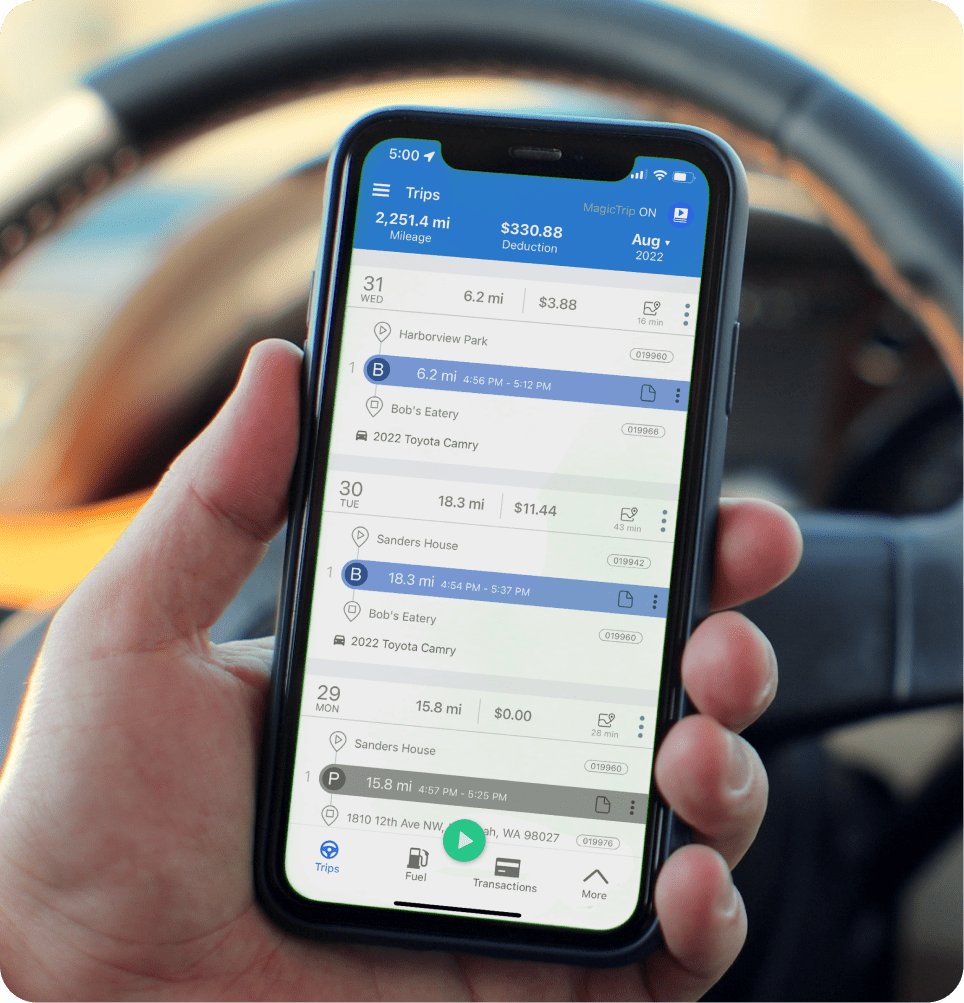Exploring Mileage Rates: What You Need to Know for Business and Personal Use
Exploring Mileage Rates: What You Need to Know for Business and Personal Use
Blog Article
Exploring Mileage Rates: What You Need to Know for Business and Personal Use
Mileage rates, often ignored as a minor detail, play a essential role in individual and corporate finances. Whether you're a independent contractor claiming tax deductions or a business owner reimbursing employees, understanding these rates is essential for accurate expense management.
### What are Mileage Rates?
Miles Rates are fixed amounts that the IRS allows for the cost of operating a vehicle for work-related purposes. These rates are revised annually to reflect changes in fuel prices, maintenance costs, and other relevant factors.
### Key Benefits of Mileage Rates
- **Reducing Taxes:** Individuals and businesses can deduct mileage expenses from their tax base, notably reducing their tax liability.
- **Employee Reimbursement:** Employers can reimburse employees for work-related travel expenses using the standard mileage rate, guaranteeing fair compensation.
- **Simplifying Cost Reporting:** Mileage rates provide a uniform method for tracking and reporting transportation costs, streamlining expense management.
- **Travel Cost Planning:** By understanding mileage rates, individuals and businesses can plan more effectively for travel expenses and make informed decisions about travel plans.
### Utilizing Mileage Rates Effectively
1. **Determine Business Use:** Precisely track the business miles driven for each trip.
2. **Use the IRS Rate:** Multiply the total business miles by the latest standard mileage rate set by the IRS.
3. **Maintain Accurate Records:** Keep detailed records of all business trips, including trip dates, starting and ending points, and the purpose of each trip.
4. **Use Current Rates:** The IRS revises the standard mileage rate annually, so make sure you are using the latest rate for your tax year.
### Alternative Mileage Methods
While the IRS standard Miles Rates is commonly applied, there are alternative methods for calculating mileage expenses:
- **Detailed Cost Tracking:** This method allows you to deduct the real costs associated with operating your vehicle, such as gas, oil, repairs, and insurance. However, it requires detailed record-keeping and may be more challenging to calculate.
- **Flat Rate Per Mile:** Some businesses may set up their own fixed rate per mile for employee reimbursements, which can differ based on factors like vehicle type and local fuel prices.
Understanding mileage rates is vital for anyone who uses a vehicle for business or personal purposes. By precisely tracking mileage and applying the correct rates, you can improve your finances, minimize tax liabilities, and ensure fair compensation for travel expenses.